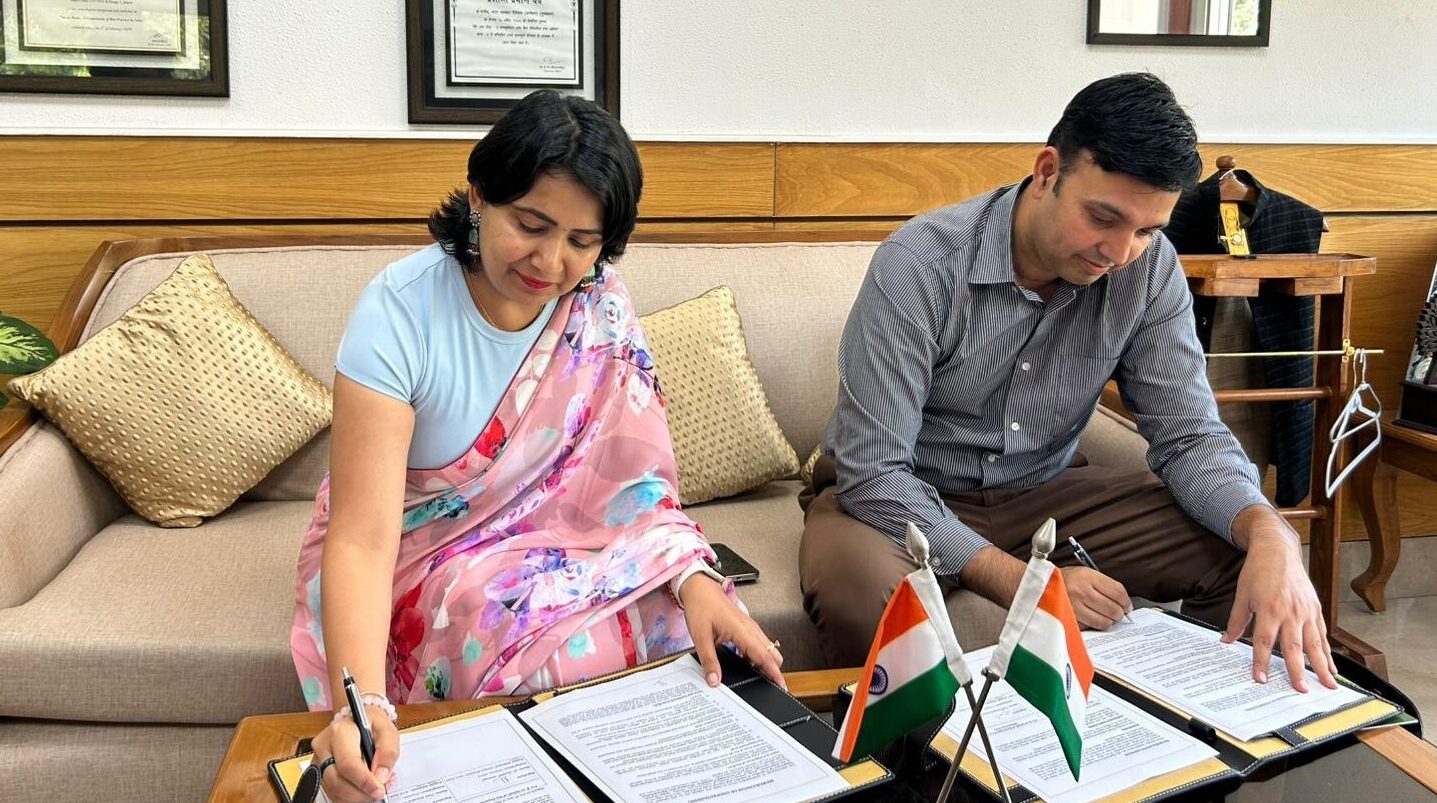India is seeing a new wave of cyber scams that use a clever but simple technique called a 6-digit Whatsapp OTP scam to target unsuspecting WhatsApp users. Scammers are tricking victims into sharing sensitive verification codes by impersonating reliable friends or relatives, providing them immediate access to WhatsApp accounts.
WhatsApp OTP Scam: The Modus Operandi
This cyberattack begins with a message that seems completely innocent often from a known contact saying, “I accidentally sent a code to your number, please forward it to me.” That code, however, is the WhatsApp verification OTP. When a user shares it, scammers gain complete control of their WhatsApp account and log them out.
With access provided, these hackers pose as the victim to perform additional scams on their contact list, widening the trap quicker. This type of trust-based social engineering makes the scam specifically risky.
Why It’s Effective
What makes this scam unique is its abuse of emotional trust. The familiar number lends credibility, and the ask comes across as relaxed pressuring users into quick responses without suspicion. Victims often don’t know they’ve been hacked until they’re locked out of their accounts or receive calls from friends who received strange messages.
Warning Signs Your WhatsApp Might Be Hacked
- Receiving an unsolicited OTP via SMS.
- Sudden logout from WhatsApp without warning.
- Messages from friends asking if you sent something suspicious.
- Inability to log back into your WhatsApp account.
How to Stay Safe: Do’s & Don’ts
- NEVER share OTPs: An OTP is meant for you only. No company or contact should ask for it—ever.
- Enable Two-Step Verification: Go to Settings > Account > Two-step verification and set up a 6-digit PIN for added protection.
- Verify Unexpected Requests via Call: If you receive such a message, call the friend directly to verify. Their number may have been spoofed or hacked.
- Regularly Check Linked Devices: Use the Linked Devices option in WhatsApp settings to ensure no unknown devices are accessing your account.
- Report Suspicious Activity: Report and block strange messages immediately. You can also file a complaint at cybercrime.gov.in or dial the cybercrime helpline at 1930.
If You’ve Been Hacked: Immediate Action Steps
- Reinstall WhatsApp: Uninstall and reinstall the app, then attempt to re-login using your number. If successful, it will log out the hacker.
- Alert Your Contacts: Inform friends and family not to respond to any messages from your compromised account.
- Contact WhatsApp Support: Use the WhatsApp Grievance Redressal Channel to report the hack.
- File a Cybercrime Complaint: Use India’s official portal to report the fraud and document the incident.
The Bigger Picture
With over 500 million users in India alone, WhatsApp is the largest messaging service in India. That also means it is an attractive target for cybercriminals. As people depend more on digital communication, so does user awareness of the fundamentals of cybersecurity hygiene, which has to increase.
The increasing prevalence of OTP scams demonstrates the shift in hackers’ methodologies from brute-force methods to emotional manipulation. Cyber specialists predict that with improved AI-generated messages and deepfakes, the same type of scams will be on the rise only.
Also Read: Call Merging Scam: You May Lose Money Without Sharing OTP


























Khalid
khalidmalik900100@gmail.com